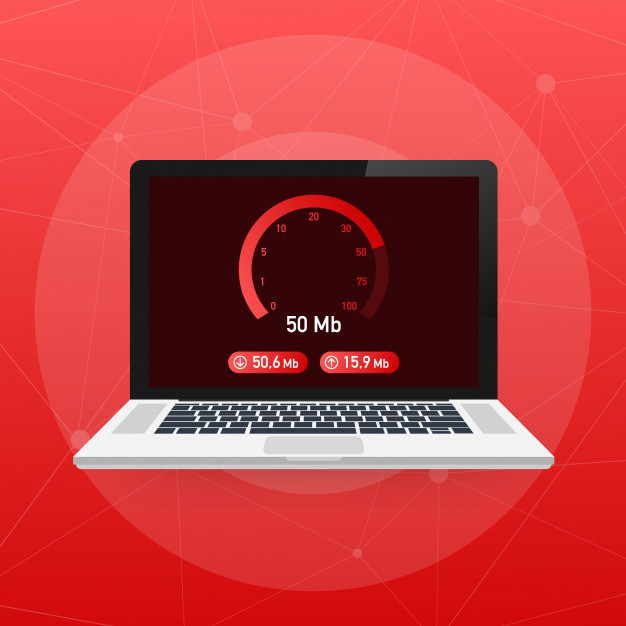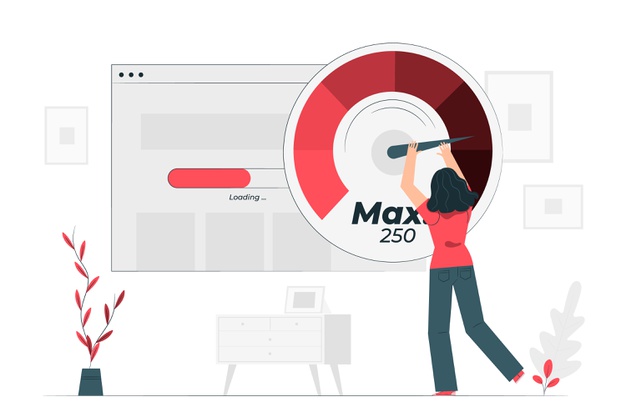
What is Data as a Service in Cloud Computing | DaaS Basics
- August 22, 2019
- 0
There has always been a hype of Big Data. Lots of organizations are still coping with this technological revolution because they know that information is consistently increasing and they ought to make great efforts to store it; nevertheless, they do not know what to do next. It’s overwhelming when there is a sudden shift in the Tech world, but many companies have to tackle it effectively to avoid the drawbacks the owners might face because of following the age-old norms serving the least or no purpose at all.
Just like other types of cloud computing, namely, IaaS, PaaS, and SaaS, there are many more kinds that emerged eventually. Data as a Service (DaaS) is one of those that is important for many reasons. Now, do not get confused by linking DaaS with Desktop as a Service OR Database as a Service. They all mean differently, yet have some links with the Data as a Service. This blog covers to pinpoint the basics of Data as a Service.
What is Data as a Service in Cloud Computing?
Data as a Service implies that any kind of data can be served on demand and a consumer or a client doesn’t have to pay for the whole, instead only a part of data that is of use to them. It saves the cost terrifically. This service is regardless of the geographic location or organizational separation of the provider as well as the consumers. DaaS sometimes is also known as a cousin of SaaS (Software as a Service).
Basically, a lot of times the stored data is out of reach. Data as a Service includes how to retrieve that effectively in the form of a meaningful information.
DaaS integrates different technologies that are important to access or retrieve data from a variety of sources like ERP (Enterprise Resource Planning) systems, CRM (Customer Relationship Management) solutions, databases, and data warehouses into one central location where the collected data is aggregated, filtered, standardized, and enriched. It is then delivered to the subscribers as per their demand.
The major challenges of this approach are to keep up the work as per expectations with no sign of duplication, and of course, concerns with the security.
Before Data as a Service actually starts making impact on a business, its owner(s) should prioritize this approach to avoid the possibility of potential collapse, as the aftereffects may forever shut an otherwise progressing trade. Now the question arises, why would someone claim so?
It’s no wonder that the technology is advancing and everyone who is into business in this world has to stay upgraded, no matter whether their trade is into the IT or not. This is because all kinds of merchandising keep the history of data (for instance, customers’/clients’ basic details, their purchases to date, areas of interest, reviews about offered products/services, etc.) as well as the information that is yet to come. Moreover, they need to make use of it, else there is no point of keeping it in the first place. And further yet, the stored data should be used as a basis of next crucial steps that make direct influence upon the business owners.
The first question that should come in vendors’ mind is, “How can their company manage the data effectively enough to provide services to other companies?”. As said earlier, DaaS is made available as per the subscription, many modern businesses have now considered this as a decision-making tool.
If it is an IT company, it is highly likely that it can have the required manpower and resources in-house to take complete advantage. In other cases, a company would approach another company to provide Data as a Service as they might not have a clue about what steps should be taken next. They may also know what it is, but may not have the right kinds of tools and manpower to implement in real. This is because having theoretical knowledge and implementing in actual sense are both different aspects.
DaaS companies keep their focus completely on data collection so that it could be compiled into appropriate streams. The consumers who have subscribed for this, access only the streams they need whenever there is a necessity. This terminates the likelihood of in-house commitment to data, thereby allowing a business to work with better agility due to the fact that the data meets the exactness of requirement pretty much effortlessly.
A lot of times Big Data analysis is a time-consuming task for many organizations, and because of that, it is quite probable to capitalize on Big Data. Moreover, there is no wonder that one might miss the vital trends to take note of or make wrong calculations due to unavailability of all kinds of variables.
DaaS companies actually make the task easier by offering more sources of data and navigating it as per their clients’ demands. It then minimizes the time spent on analysis as before and helps companies in making accurate decisions that are data-driven as well as quick.
Data as a Service Pricing
The pricing models of DaaS mainly falls under two categories – Volume-based and Data type-based.
-
Volume-based: It is further divided into Quantity-based and Pay Per Call. The Quantity-based pricing is the simplest to implement. The customer just has to subscribe for the required amount of data, which is estimated by the consumers themselves in approximation. The data can then be supplied in unlimited amount whichever subscription one has chosen. In Pay Per Call, the consumers are charged for each established call.
-
Data type-based: In this approach, the consumers are charged on the basis of attribute of data that is required by them. For instance, the pricing can be based on geographic, financial, and historical data, which are categorized as attributes or data types, and are essential for customer business.
Benefits of Data as a Service
-
Cost-effective: The cost is way cheaper because of serving its services as per subscribers’ needs. The consumers can anytime change their subscription plan and get benefits accordingly.
-
Agile: DaaS contains simplistic form of data. A user whoever needs any kind of (complex) data can access it any time without having to know from where it is originated or how it is structured.
-
Data Quality: Since there is a single point for updates, access to data is mainly controlled via data services. This, in turn, enhances the quality of the data as a whole. The services simply need to be thoroughly tested.
DaaS hasn’t moved on beyond the stage of infancy. This means that this technology is still evolving with varying opinions and beliefs of people who have perceived it differently, like what it is, how it should behave, whether advantageous or not, and so on. But one thing is for sure, which is, Data as a Service is not going to be put in rest at least for many more years. The patterns and upgrades, however, are likely to happen but the base will be forever in the Tech industry.
ApacheBooster concentrates to improve server response time. If you have an issue of page speed performance then you can try installing this powerful cPanel plugin.





